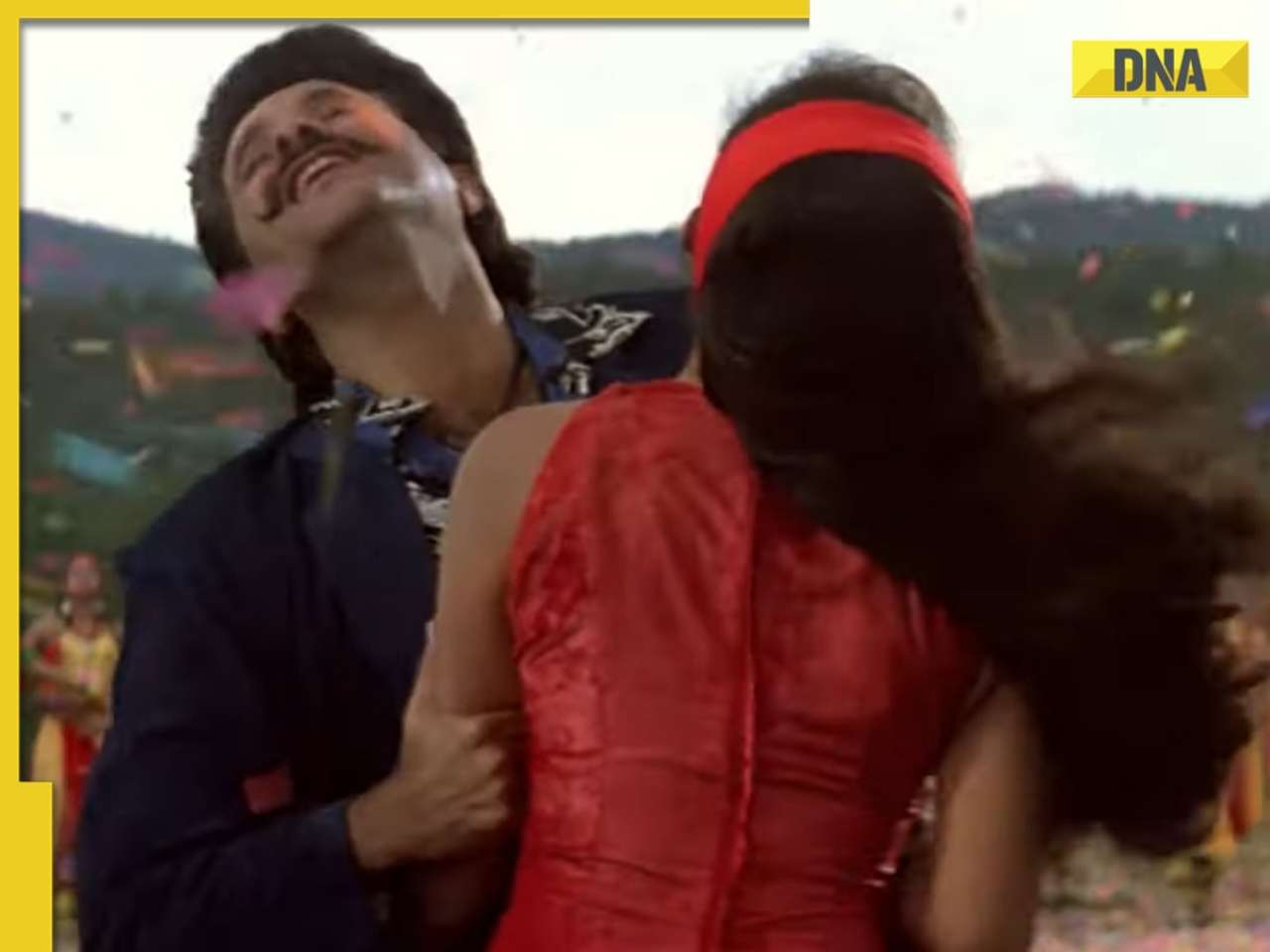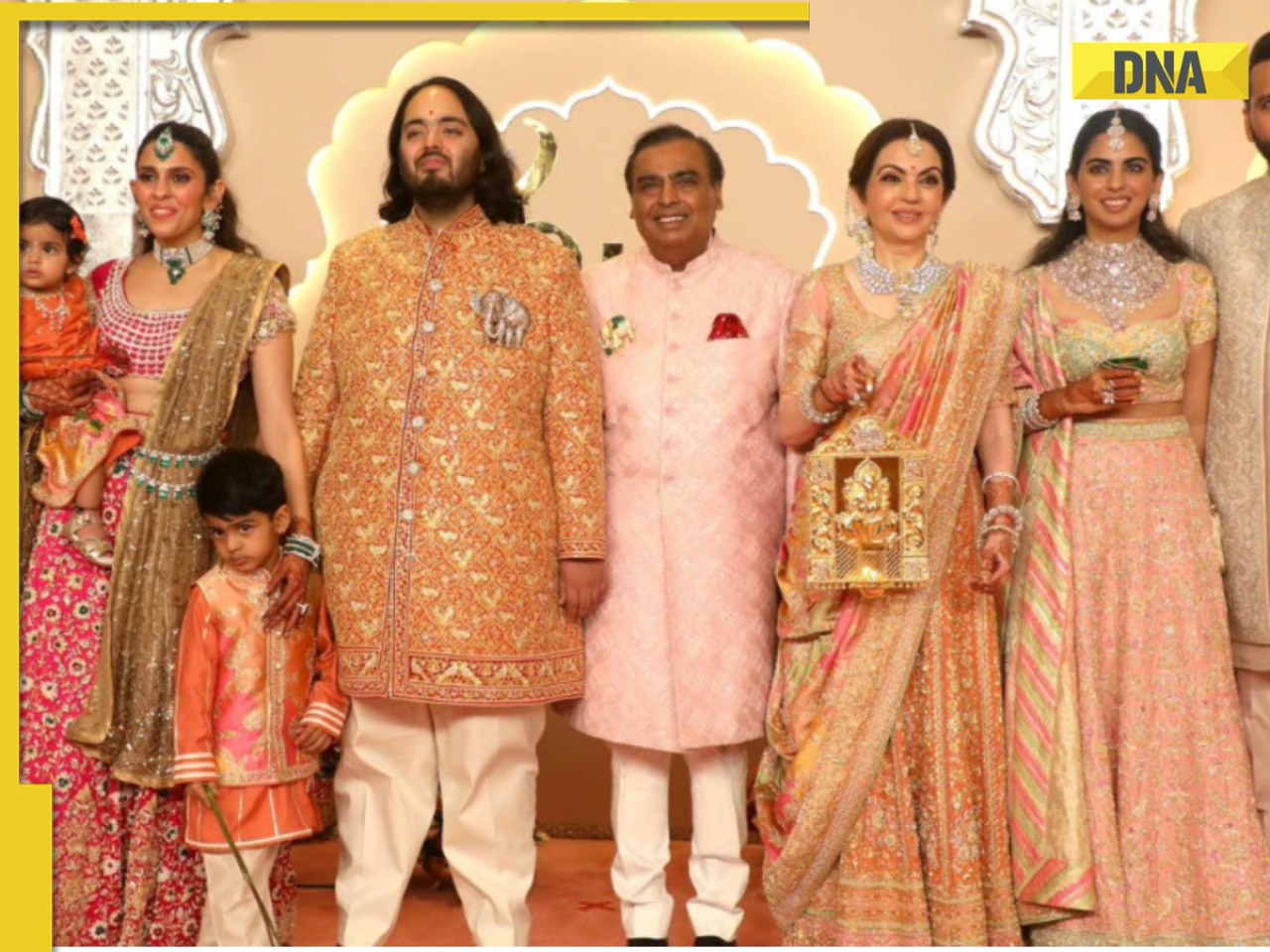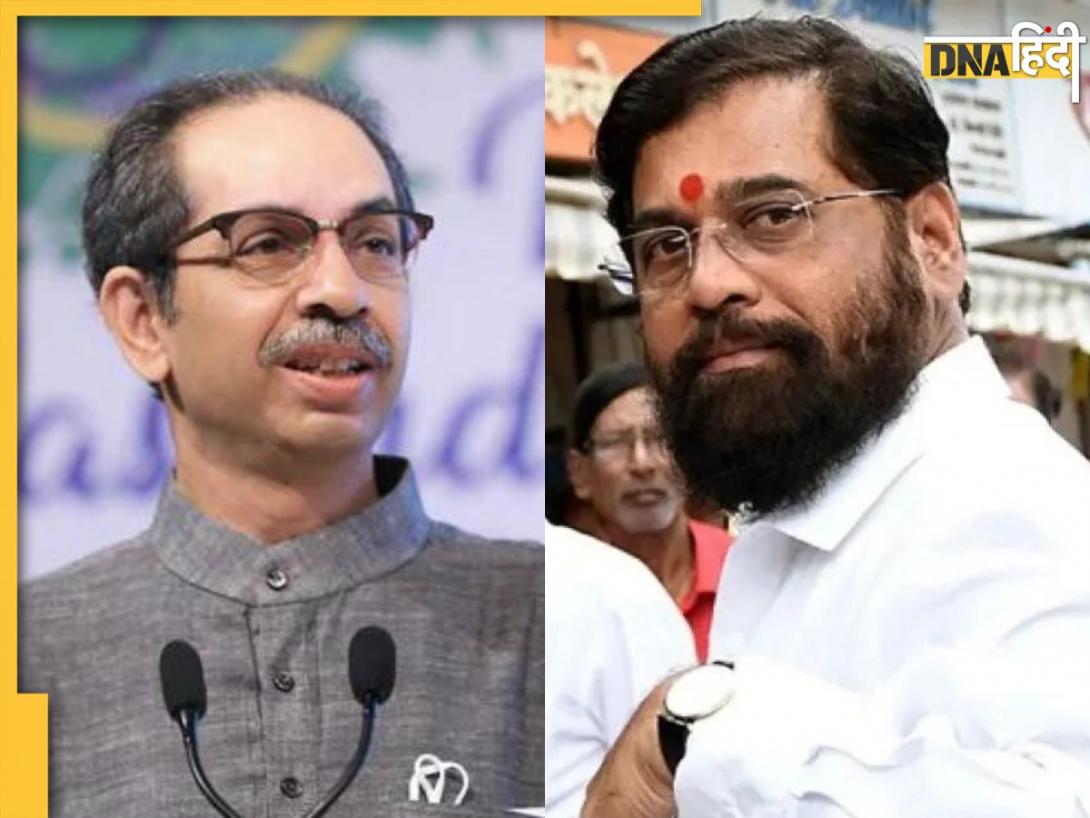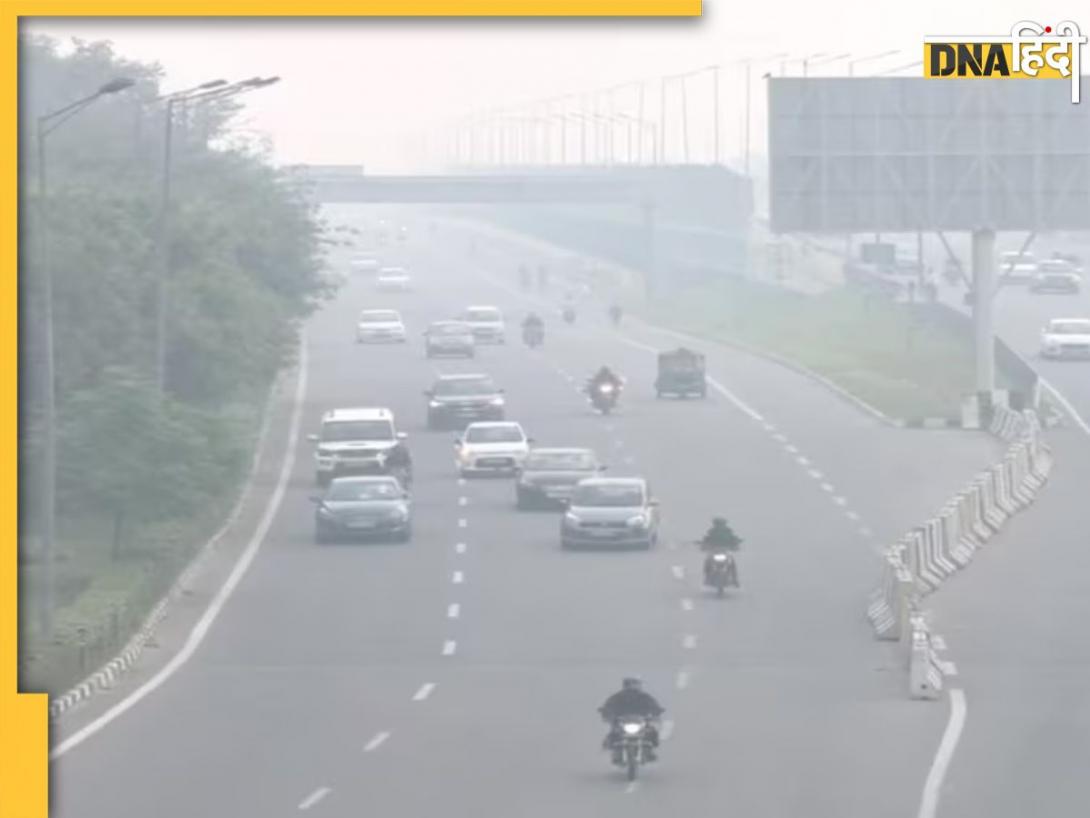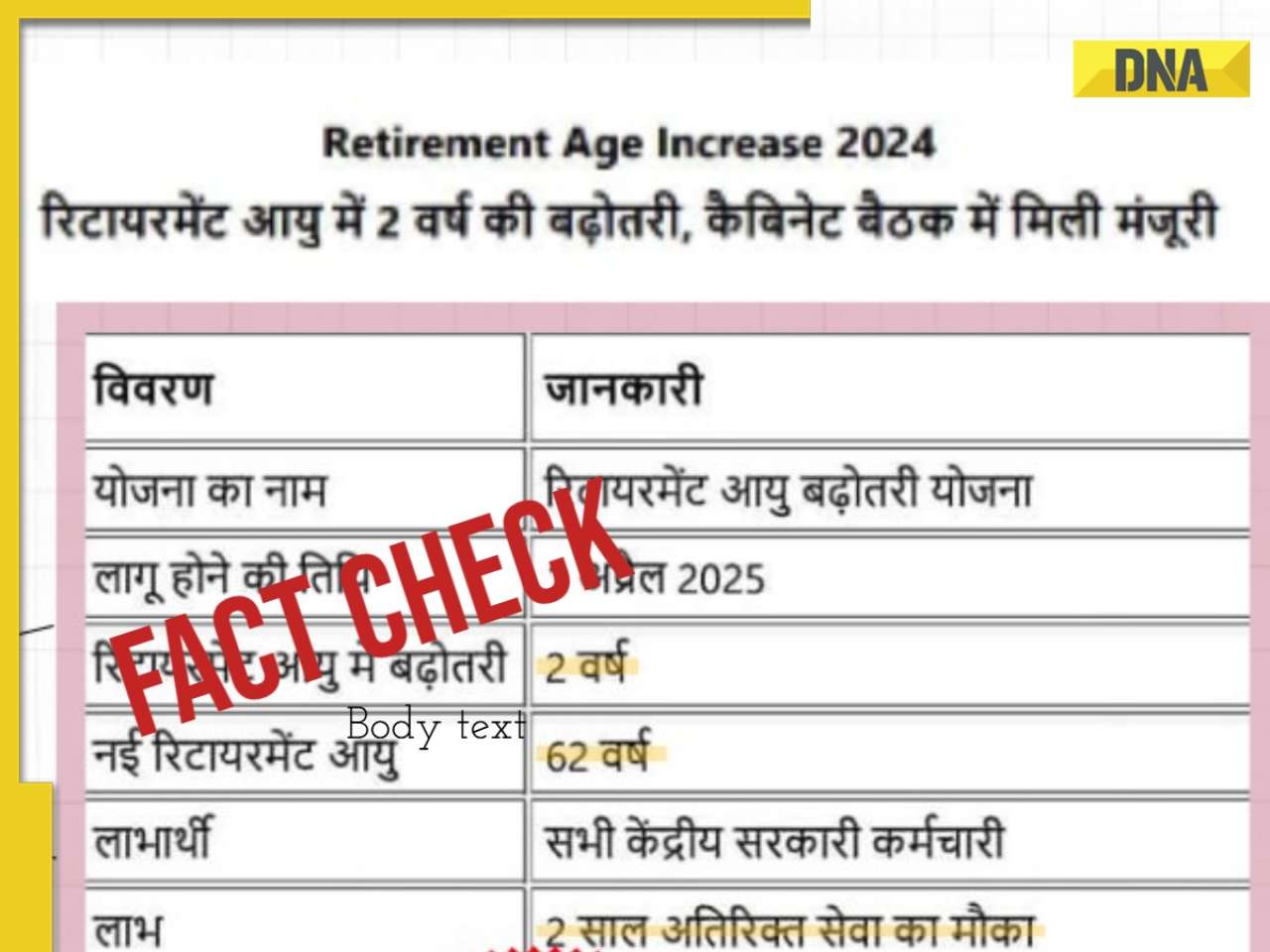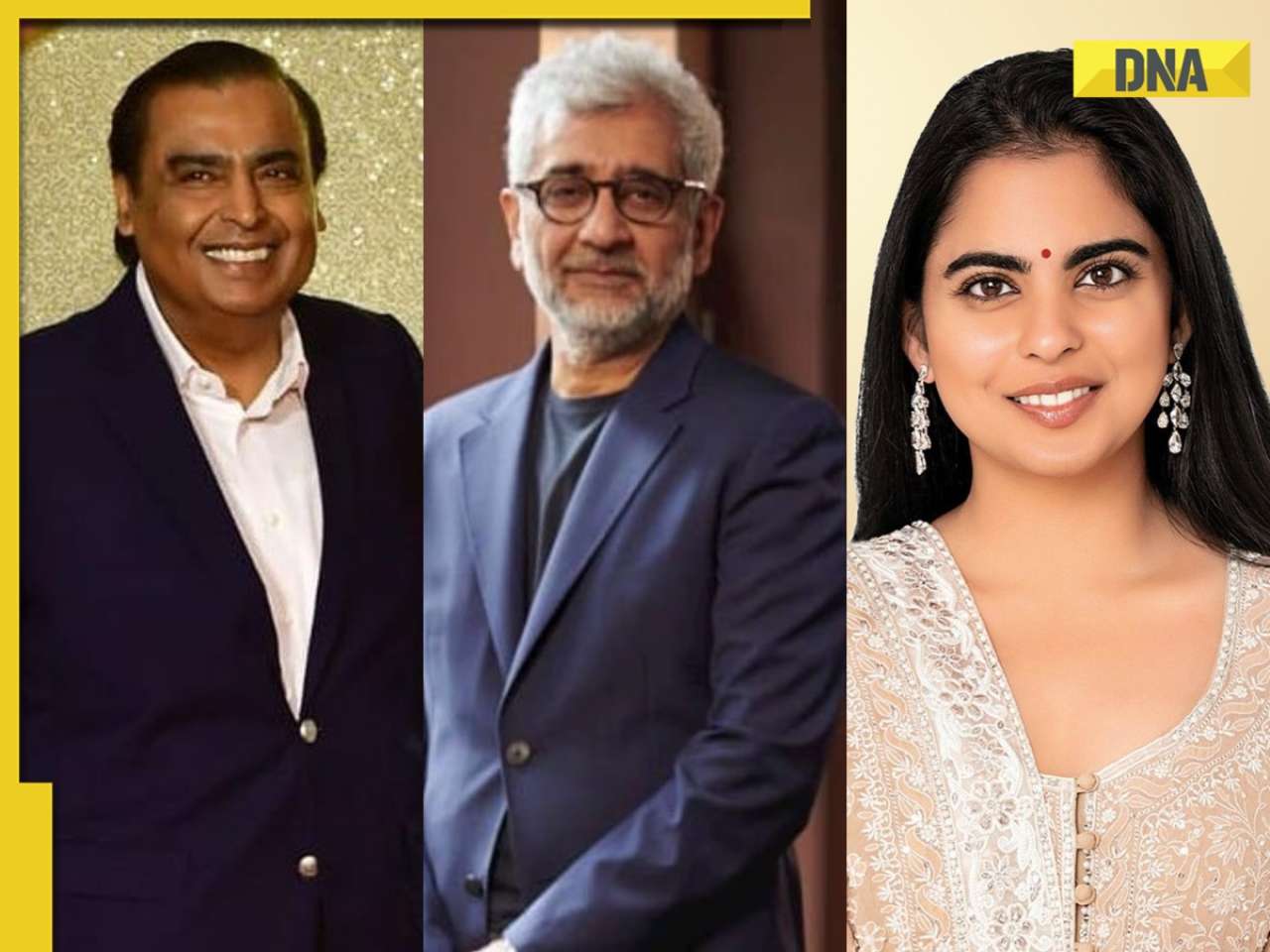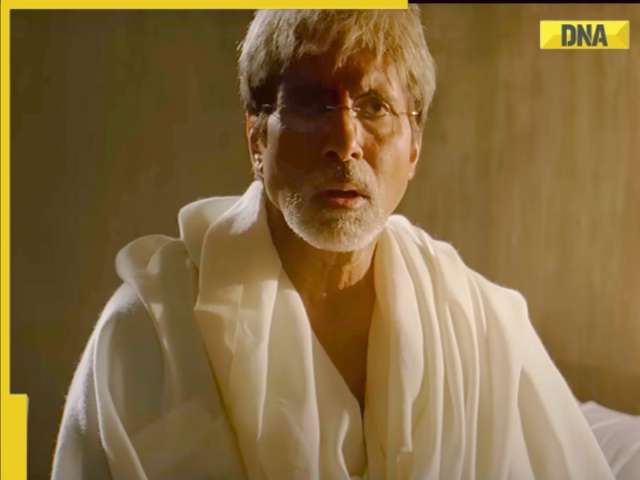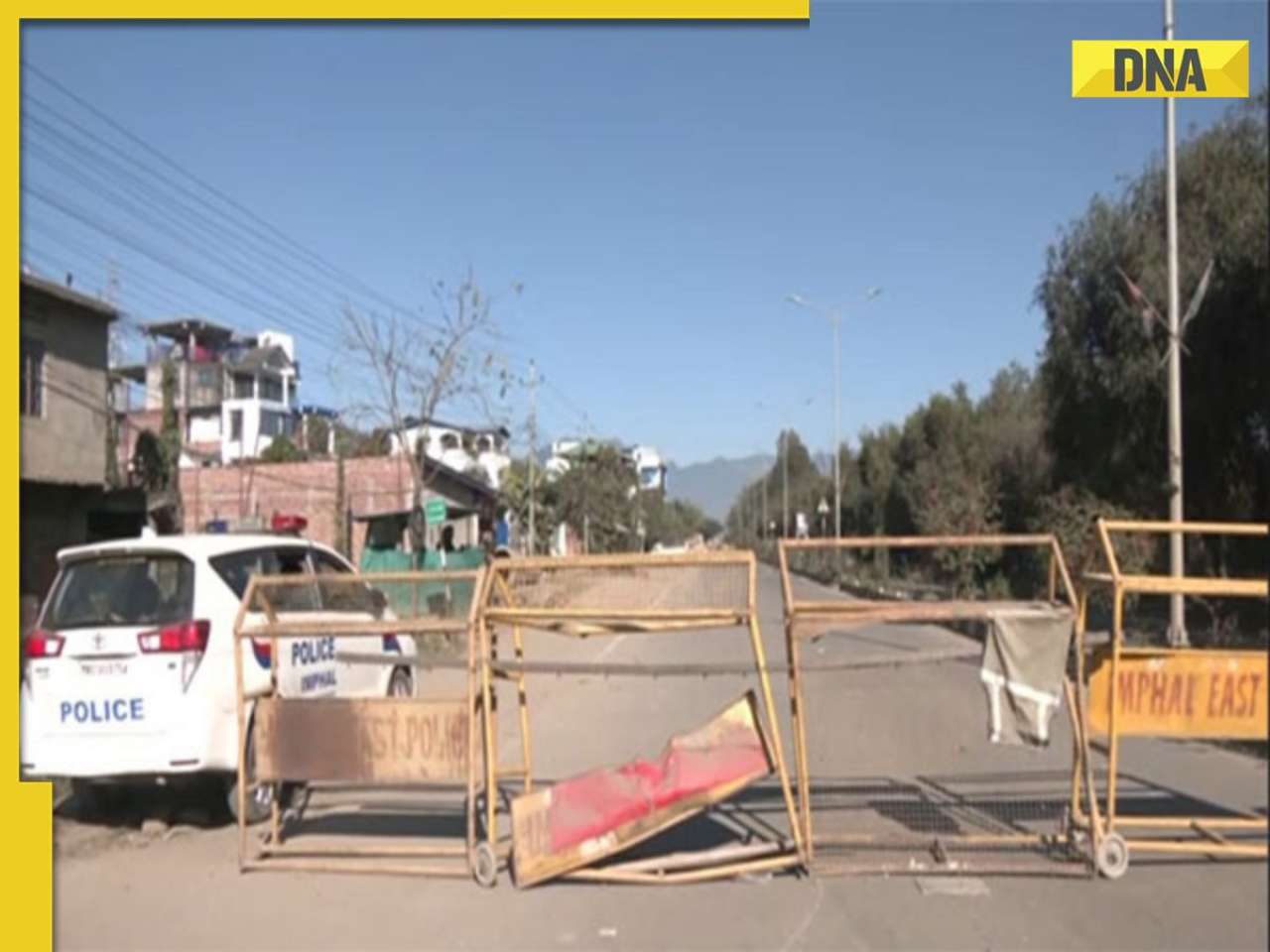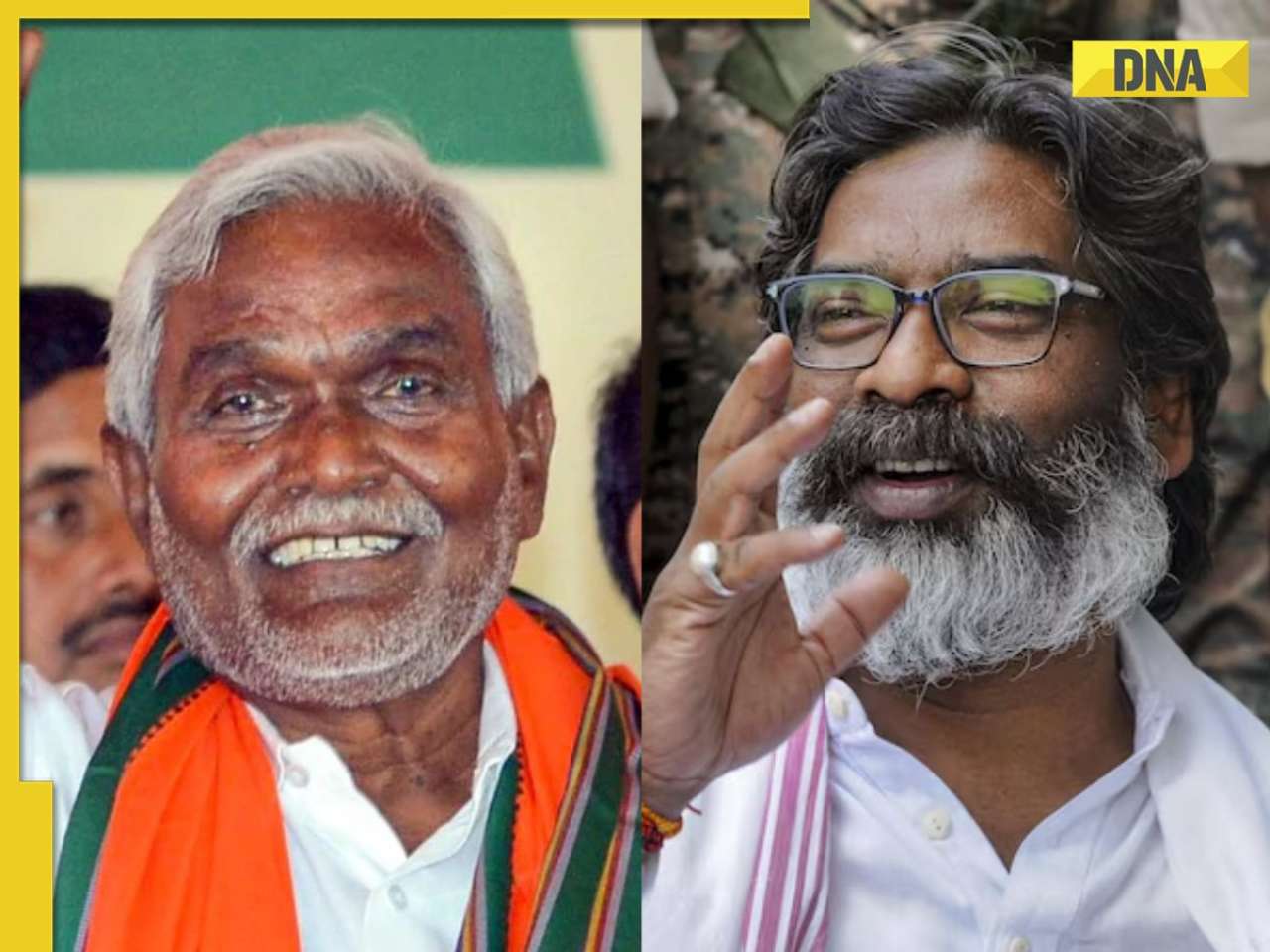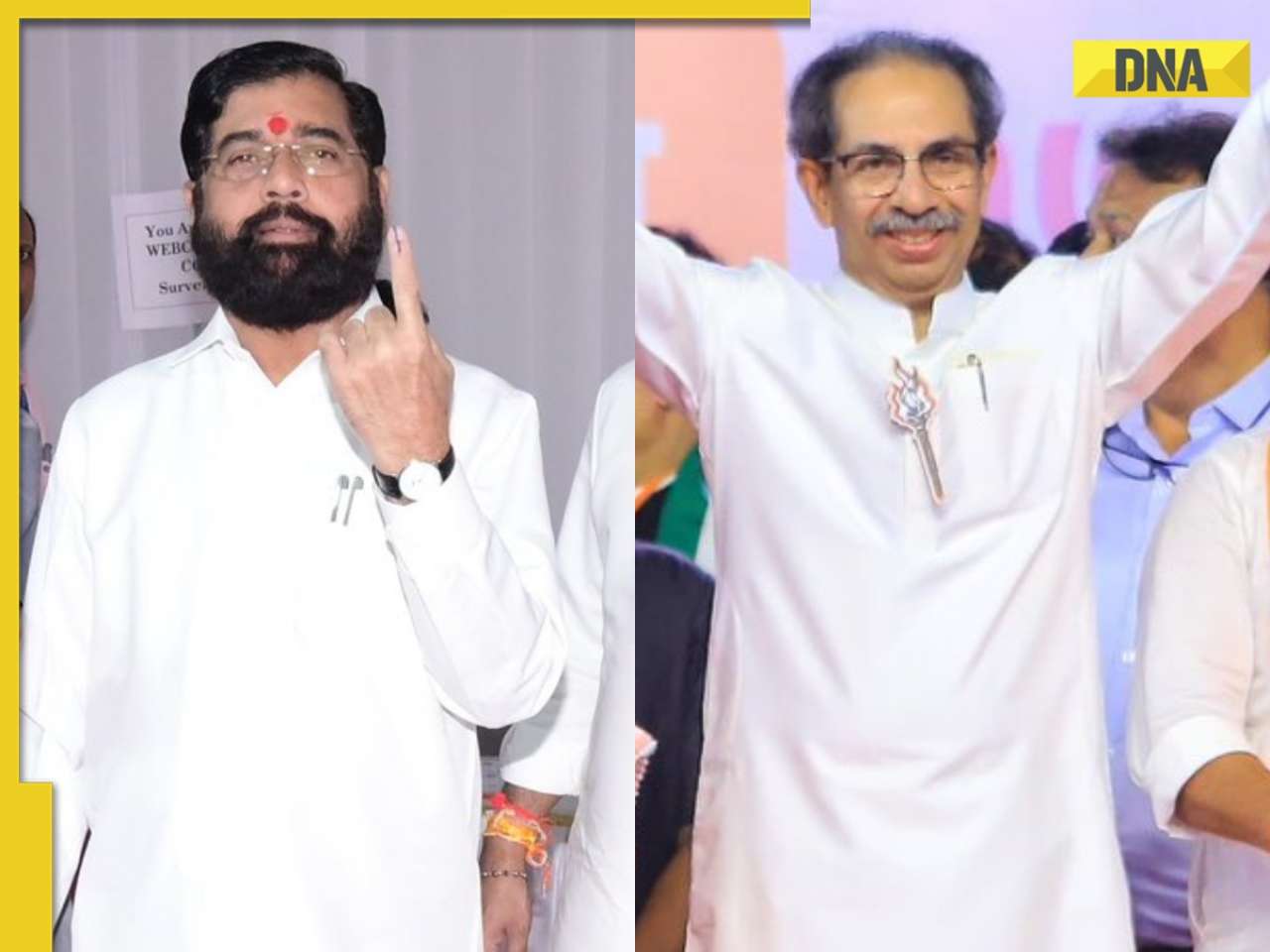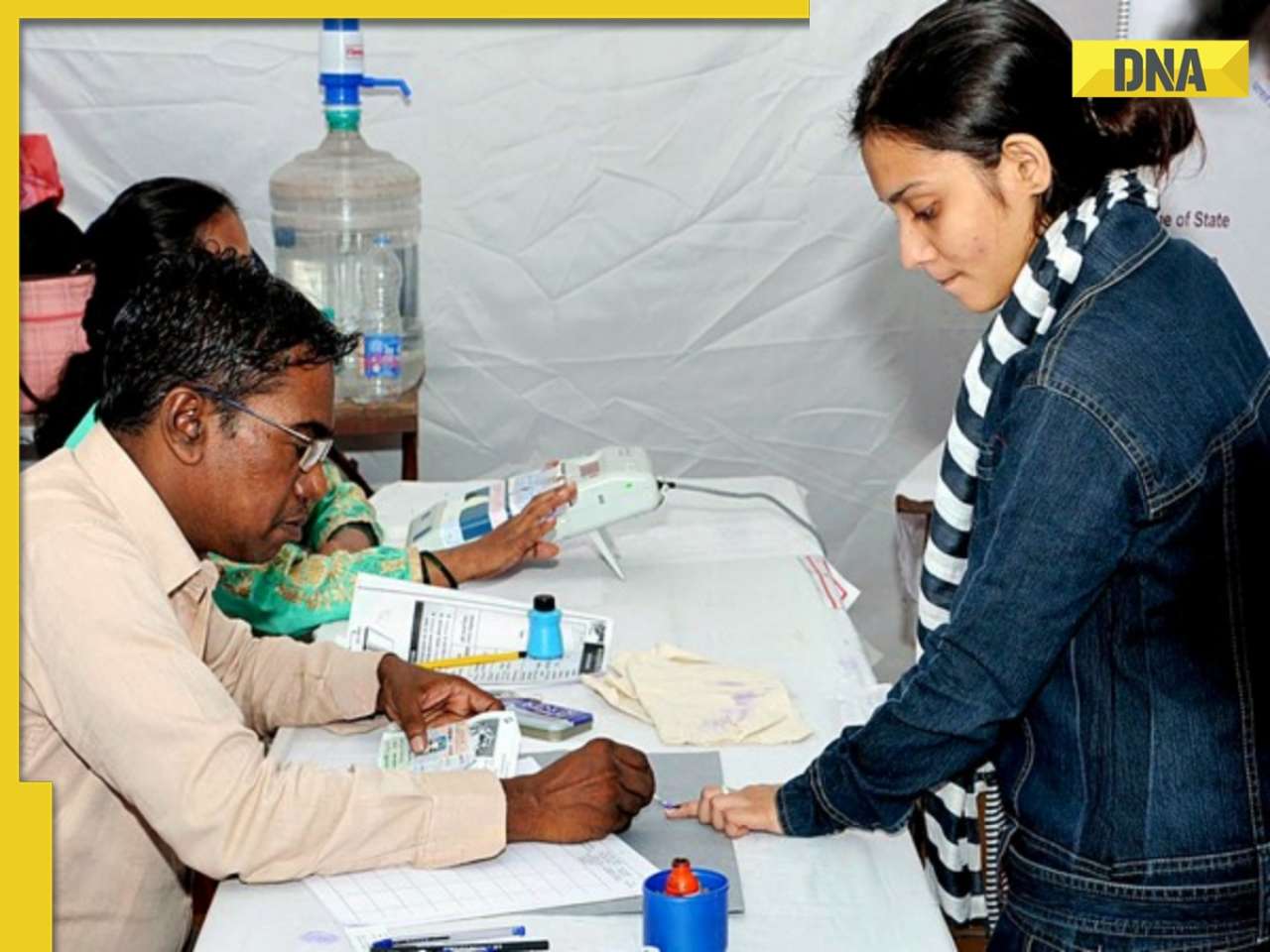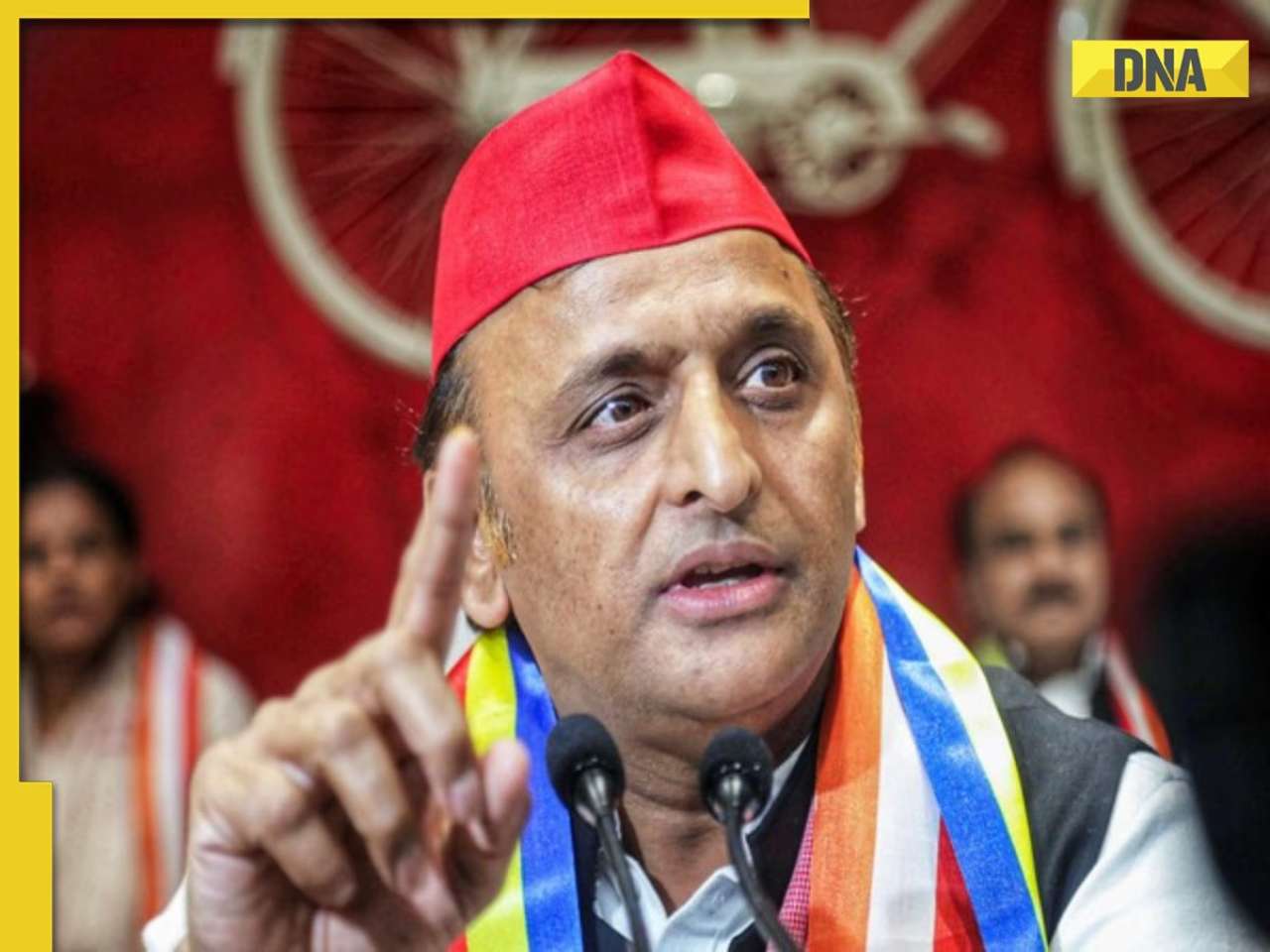- LATEST
- WEBSTORY
- TRENDING
ANALYSIS
Sting as a sport
Technology is pushing the envelope each day and sometimes the envelopes are full of crisp Rs 500 notes, says Pankaj Pachauri.
TRENDING NOW
We are living in exciting times in journalism. There are 28 news channels giving people round the clock information on politics, the economy and also on what to buy, what to wear, whom to vote for and what the weather would be like in their cities. In a pluralistic democracy driven by market economy, we need all the information we can get to make our choices on everything from political parties to mobile handsets. That's the good news. The bad news is that such channels sometimes run the risk of running 24-hour theatres in an unending drama where the actors are real-life characters. Politicians, film-stars, sports-stars and unsuspecting villagers get dozens of microphones thrust in their faces the minute they come anywhere close to fame, or more often, infamy.
Technology is pushing the envelope each day and sometimes the envelopes are full of crisp Rs 500 notes. Once the bait is taken, the spectacle begins.
Sting operations are becoming synonymous with investigative journalism. They have grainy videos, muffled audios and at the end, that visual delight — the slow motion. It makes rivetting viewing like a great goal on the football field. And the bigger the star scoring a goal, the more lasting the image. That brings us to the basic question — is it sport, entertainment or journalism?
The technology to conduct sting operations has been around for long, but journalists around the world have largely shied away from it. No Pulitzer prize has ever been awarded for a sting operation. The Centre for Investigative Journalism based in San Francisco has never published a story written on the evidence from a hidden camera or tape recorder. In fact many reputed news organisations like the BBC have laid down explicit guidelines not to use hidden tape recorders or cameras. Investigative journalism is still understood to be an old-fashioned plod through official files and corporate dossiers.
But in India, each time a sting operation is beamed, a debate rages about the ethical questions surrounding this phenomenon. Are politicians fair game to be stung while corporate honchos remain immune however much they indulge in corruption? Are MPs caught taking cash for questions on camera more culpable than those misappropriating funds meant for development of constituencies?
The fact is that sting operations have not had any lasting effect. Bangaru Laxman managed not only his political rehabilitation but ensured his wife's election from his earlier constituency. George Fernandes reclaimed his berth in the Atal Behari Vajpayee cabinet. After many Delhi police officers were caught taking bribes, the buzz is that all such deals are now being struck outside the state where there are no cameras lurking. Going by the evidence so far, all that sting operations have been able to remove are the symptoms, not the disease.
The disease is corruption in public life. In a country where disposable incomes are rising, everyone wants cash, which at times is caught on camera. Department of Public Enterprises figures say that the per capita annual emoluments of 18.7 lakh public sector employees is Rs 2.24 lakh.
That's a princely salary of Rs 18,674 a month. The government spends more than Rs 32 lakh annually on an MP, but the cash component is is a measly Rs 12,000 per month. No wonder all the MPs but one caught on camera were happily accepting paltry amounts. Public servants are soft targets for sting operations and new canon-fodder for news television which turns this news as blood-sport.
I have no sympathies for those caught on camera. Law-breakers should be punished, whether they take cash for questions or jump a red-light. But then every traffic signal in the country doesn't have a camera attached to it. Moreover, it will be boring TV if all the traffic violators were shown for 24 hours, seven days a week. Similarly, a kind of fatigue factor will soon set in even with regard to such exposes on television.
What is at stake here is the credibility of journalism itself. Can we graduate from MPs to ministers? Can we get the commissioners of police instead of constables? If we don't get the big fish, people will certainly stop caring about the minnows in the net. Research at the Pew Research Center says that 45 per cent of Americans believe "almost nothing" of what they read in newspapers and 37 per cent of what they see on TV news. A General Social Survey by the University of Chicago says that in comparison to other institutions’ (including the government) confidence in the media has declined. We seem to have taken our media model from the US. Let us be mindful of the pitfalls.
(Pankaj Pachauri is a senior editor with NDTV. The views expressed here are his own.)
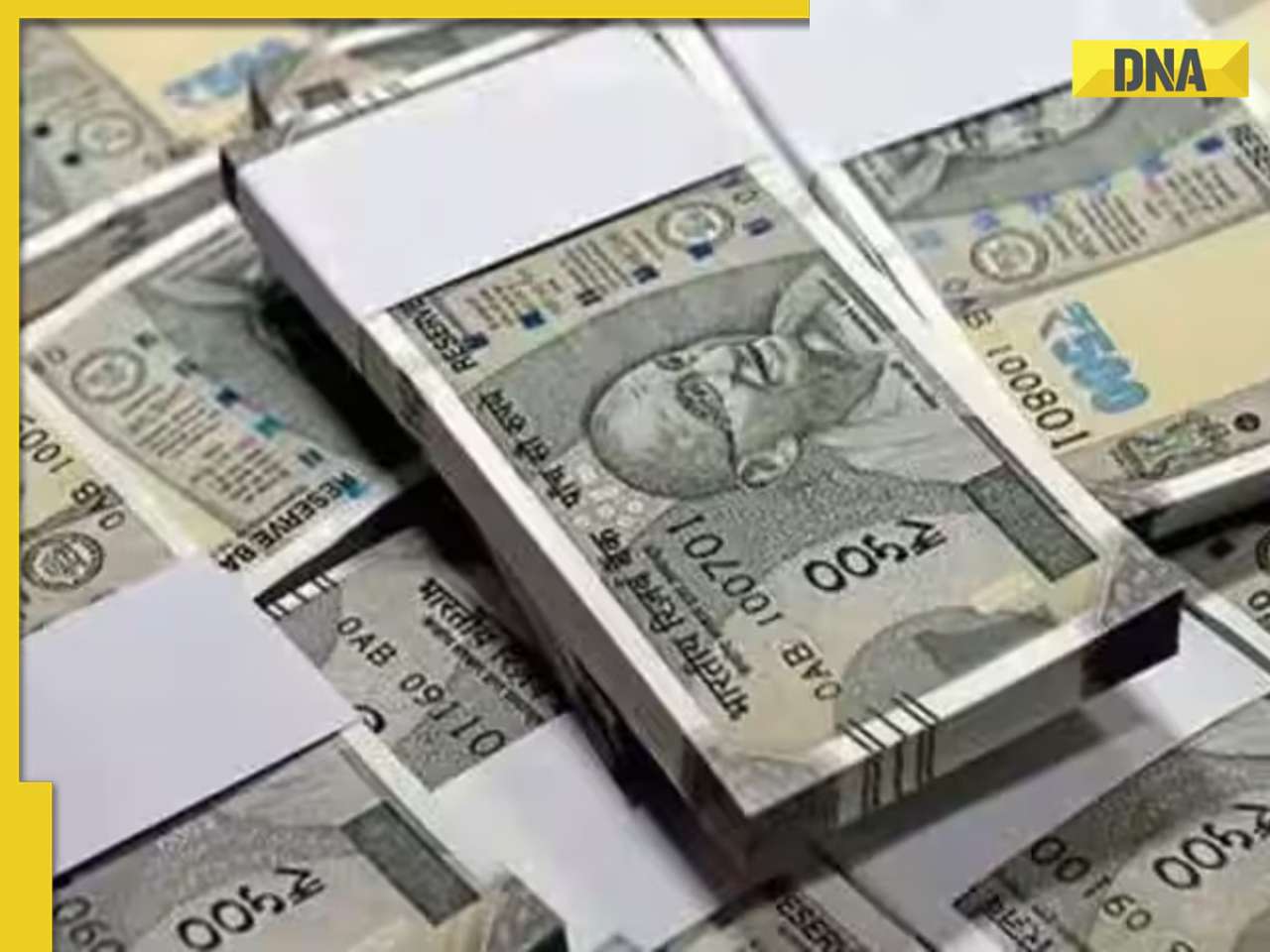
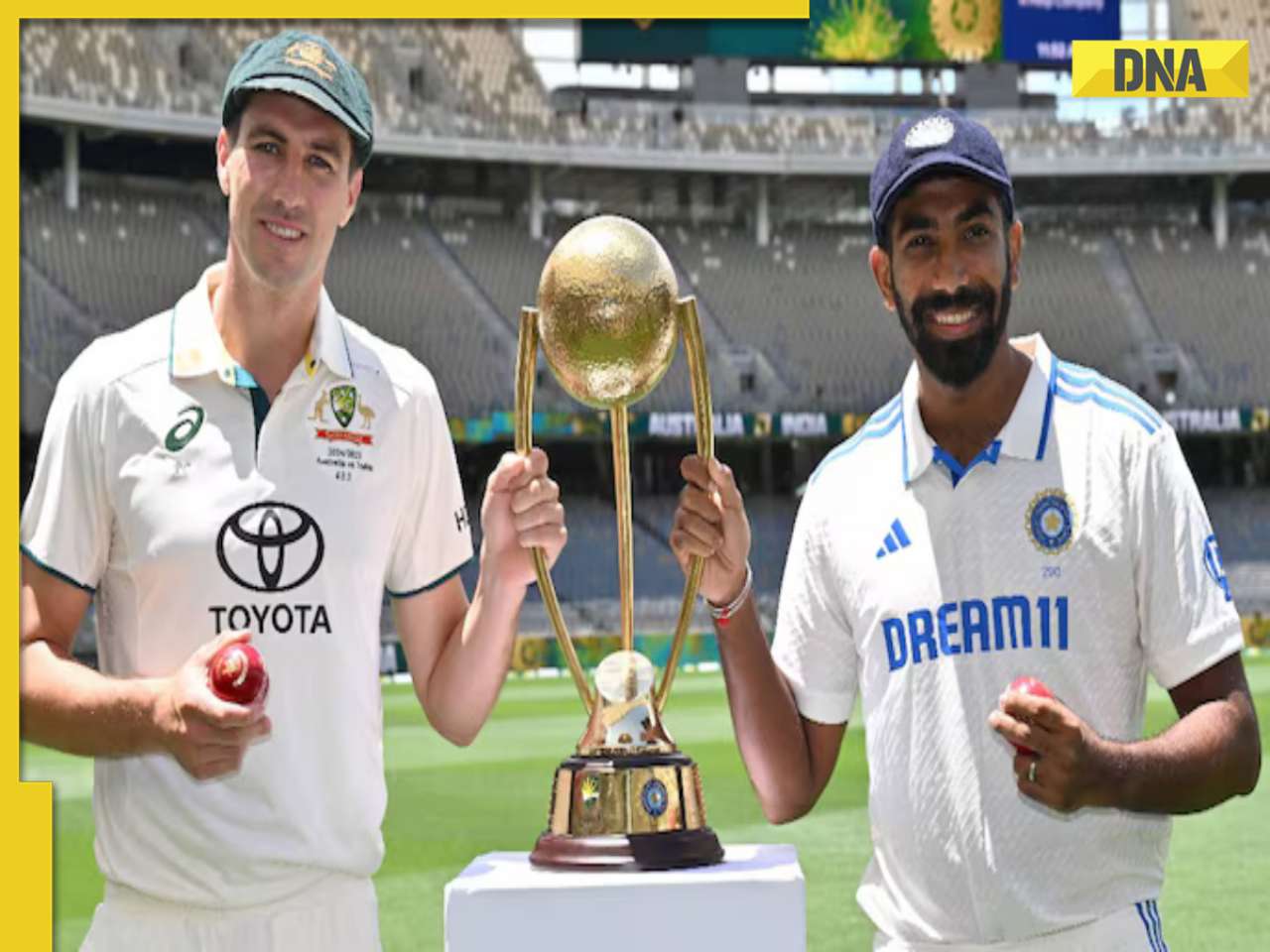
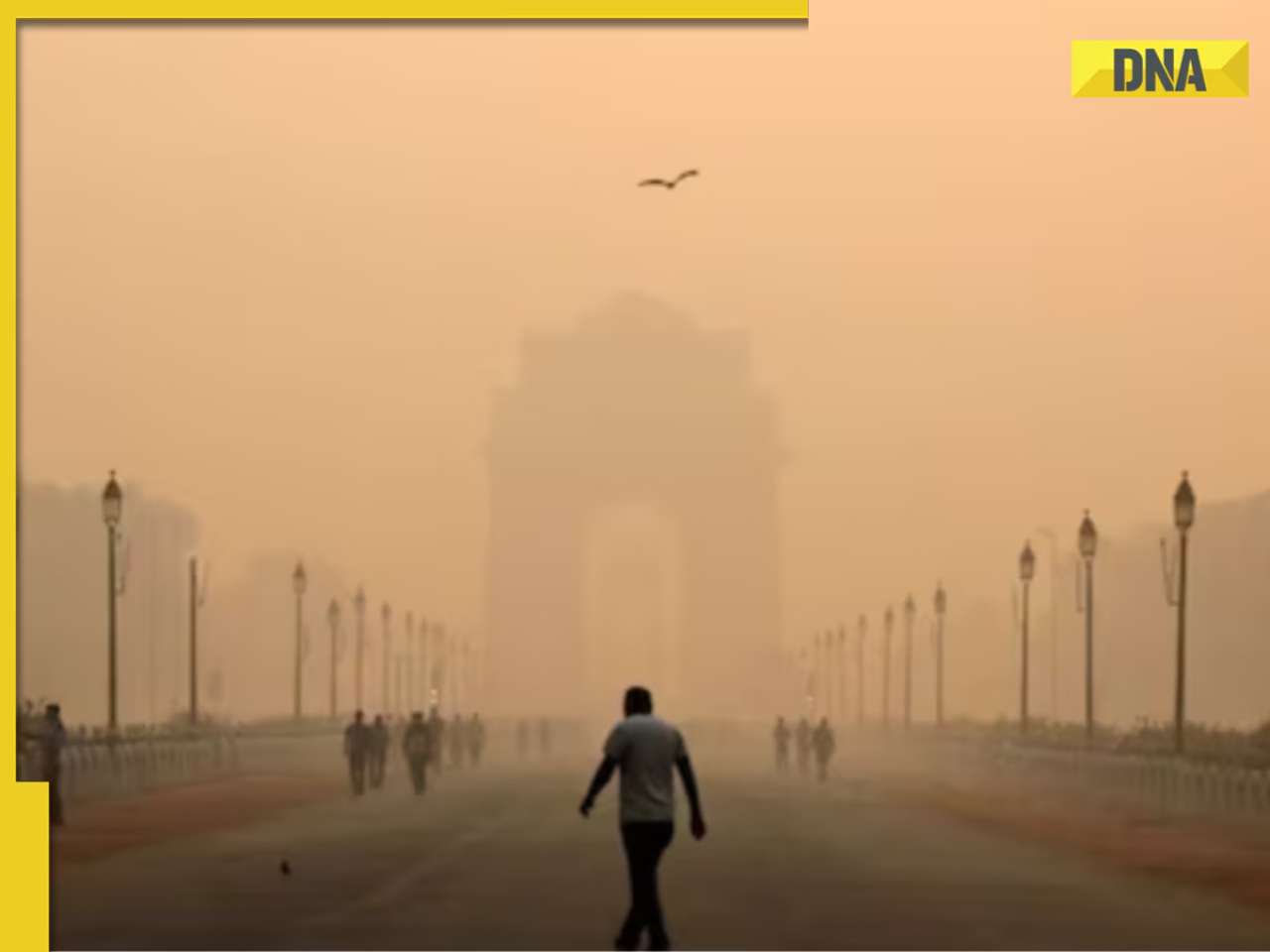




)
)
)
)
)
)
)
)
)
)
)
)
)
)
)
)





